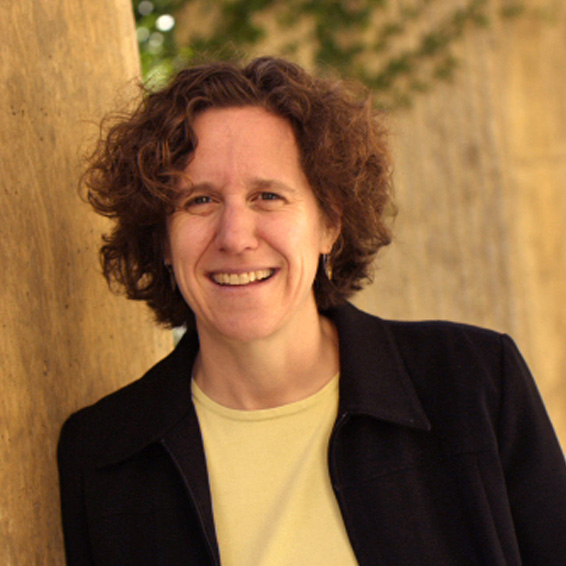SCOTUS Ruling Affirms LGBT Parental Rights: VL v. EL Creates Important Protections for Families
Like the Supreme Court’s blockbuster rulings on same-sex marriage, the Court’s recent decision in V.L. v. E.L. affirmed the respect due to same-sex families. Although considerably more limited in its scope than the Windsor and Obergefell rulings establishing marriage equality, V.L. creates important protection for families with LGBT parents.

The V.L. dispute concerned a family in which lesbian partners decided to raise a family together. There are hundreds of thousands of such families around the country, and many of them started their families at a time when they did not have a choice whether to marry. In this family, E.L. was the biological mother of three children conceived through donor insemination. In order to secure the parental rights of V.L., her partner and intended co-parent, the two women pursued what is known as a “second parent adoption.” E.L. consented to V.L.’s adopting the children, and a Georgia court ruled in favor of the adoption. The trouble started when the women broke up years later and E.L. tried to cut off V.L.’s parental rights. At this point, the women were living in Alabama. Once having agreed to the adoption, E.L. now argued that the Georgia court had no authority to issue the adoption decree. The case made it to the Alabama Supreme Court—the court of which Roy Moore, noted opponent of same-sex marriage, is Chief Justice. That court agreed with E.L., ruling that courts in Alabama could ignore the Georgia adoption and thereby deny E.L. any chance to seek visitation or custody of her adopted children.
Earlier this week, the Supreme Court reversed the Alabama court in summary fashion. It ordered no briefing and heard no oral argument. Rather, in a per curiam opinion with no dissents, the justices relied on the Full Faith and Credit Clause of the Constitution, which straightforwardly requires one state to respect the judgments of another state’s courts. Alabama’s highest court had tried to get around this settled rule by invoking an exception to full faith and credit for judgments that were entered by an out-of-state court that lacked jurisdiction. The Court said that exception did not apply because the Georgia court that ordered the adoption unquestionably was the court with jurisdiction to hear adoption matters. What the Alabama Supreme Court was really doing, said the V.L opinion, was taking issue with the Georgia court’s belief that Georgia law allowed an adoption in these circumstances. That argument, said the justices, is not about jurisdiction but about the merits of the case.
V.L. is a limited holding, but three points about its importance ought to be underscored. First, several states do not permit second parent adoptions in the circumstances posed in this case. This opinion makes clear that when a same-sex family secures such a second parent adoption in one state and then moves to another that does not permit it, the children’s relationship with their adoptive parents will be protected and the new state will not get a chance to second guess the court that originally granted the adoption. That rule promotes important stability for children and parents. Second, the recently-extended right of same-sex couples to marry in all 50 states will allow same-sex families like the one created by E.L. and V.L. to more easily protect the parental rights of both parents and guard against cynical efforts like the one launched by E.L. to disavow her prior support of V.L.’s parental status. Third, given the V.L. opinion’s exclusive emphasis on full faith and credit, the opinion says nothing about the constitutionality of state laws that restrict the ability of same-sex couples to adopt or become foster parents. In the wake of Windsor and Obergefell, that question will surely be pressed and, at some point, make its way to the Court. In fact, a case challenging Mississippi’s ban on adoption by same-sex couples is being litigated now by Roberta Kaplan, Edie Windsor’s lawyer who prevailed in overturning the federal Defense of Marriage Act. Justice Kennedy’s majority opinions in Windsor and Obergefell emphasized the importance of protecting children and the dignity of their families, and that rationale supplies key support for challenges to discriminatory adoption laws. But V.L. leaves those questions for another day.
Professor Jane S. Schacter is a leading national expert on statutory interpretation and legislative process, constitutional law, and sexual orientation law. Her work has been published in numerous law journals, and she co-edits casebooks on constitutional law and sexual orientation law.
